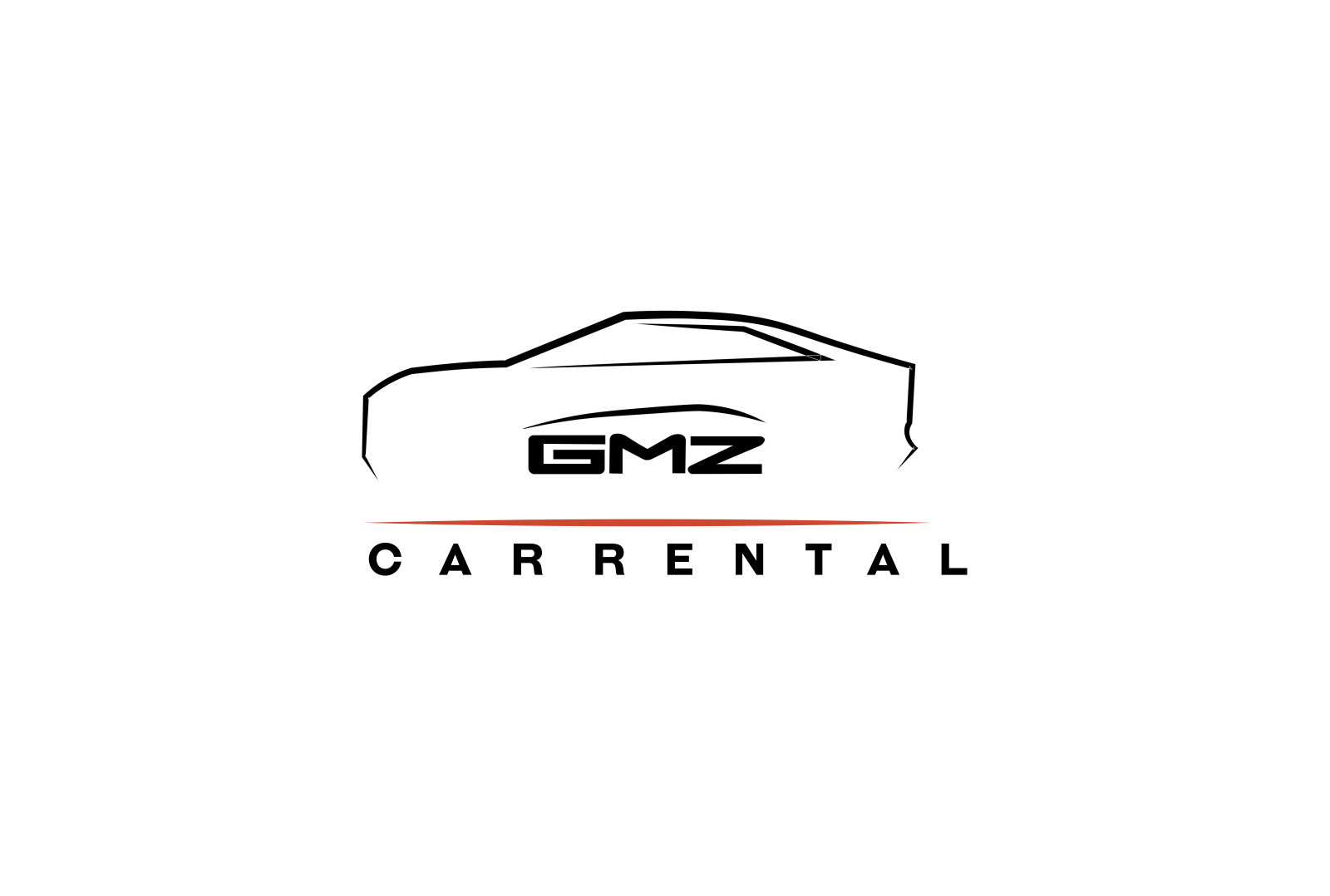Car rental insurance packages play a crucial role for anyone renting a vehicle. Understanding the various options available can help renters make informed decisions about their coverage needs.
Different types of insurance packages are offered when renting a car, ranging from mandatory basic coverage to optional add-ons. Familiarizing oneself with these choices allows renters to select the most suitable protection for their specific circumstances and preferences.
Car Rental Insurance Options
Car rental companies offer various insurance packages to protect customers. These options cover different aspects of potential incidents:
• Collision Damage Waiver (CDW) • Loss Damage Waiver (LDW) • Liability Protection (LP) • Supplemental Liability Insurance (SLI) • Third-Party Liability (TPL) • Personal Accident Insurance (PAI) • Personal Effect Coverage (PEC) • Roadside Assistance (RA)
Each policy type addresses specific risks. Some focus on vehicle damage, while others cover personal injuries or belongings. Customers should carefully review available options to select coverage that matches their needs and risk tolerance.
Popular Car Rental Insurance Types
Vehicle Damage Protection
This coverage relieves renters from paying for repairs if the rented car gets damaged. The rental company handles repair costs, with coverage amounts varying based on factors like car type. It excludes liability-related expenses such as damages to other vehicles or traffic violations.
Comprehensive Vehicle Coverage
This option combines damage protection with theft coverage. It also includes unexpected charges like towing or impound fees. Some providers extend coverage to vandalism and diminished vehicle value.
Collision Protection
This coverage shields renters from financial responsibility for vehicle damage. It’s often considered the top-tier protection offered by rental companies. It covers costs to repair or replace the car after collisions with other vehicles, objects, or in single-car accidents.
Third-Party Liability Coverage
This insurance covers third-party liabilities up to specified limits. It includes property damage and bodily injury to others. The coverage also extends to incidents involving underinsured or uninsured motorists.
Additional Third-Party Protection
This option covers damages to others’ property up to a set monetary value. If the renter is legally responsible for an accident, it covers repair costs and medical bills for injured parties.
Basic Liability Protection
Most rental companies require this fundamental coverage. It protects against damages caused to third parties, covering both property and personal injury. Renters typically either have this coverage already or must purchase it when renting.
Enhanced Liability Protection
This optional coverage provides extra financial protection if the renter injures someone or damages their property while driving. It usually offers higher coverage limits than basic options.
Passenger Protection
This insurance covers drivers and passengers in case of accidents. It pays for injury treatments or death-related expenses during the rental period. The coverage applies only when accidents occur with passengers in the vehicle.
Personal Property Protection
Many rental companies offer this coverage for renters’ belongings. It covers expenses related to theft or loss of personal items. The protection applies only to belongings inside the vehicle during the rental period.
Travel Assistance Services
While not strictly insurance, these services provide additional help for vehicle issues on the road. They cover expenses for problems like flat tires, fuel depletion, starting issues, or keys locked inside the car.



0 Comment